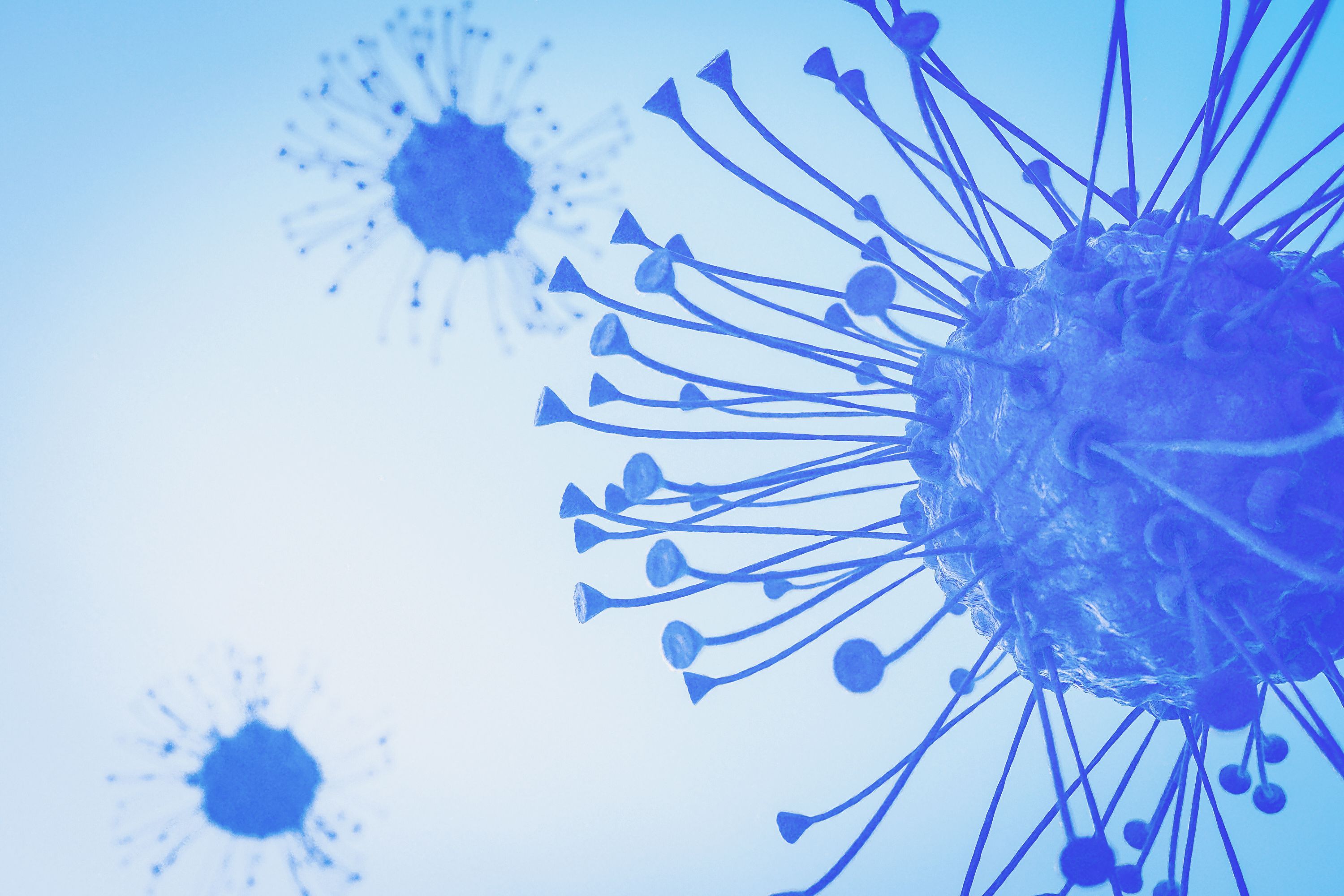FDA Okays Plans to Address Clinical Hold of the HEMO-CAR-T IND
HEMO-CAR-T is an autologous chimeric antigen receptor T-cell therapy being developed against an acute myeloid leukemia target.

- HEMO-CAR-T is an autologous chimeric antigen receptor (CAR) T-cell therapy being developed for the treatment of acute myeloid leukemia (AML).
- In June 2023, the FDA placed a clinical hold on the investigational new drug (IND) for HEMO-CAR-T.
- Now that the FDA has agreed to the plan and preliminary test results addressing the concerns in the IND application for HEMO-CAR-T, the company works to move forward with clinical trials.
The FDA has accepted Hemogenyx Pharmaceuticals' plan to resolve the clinical hold placed on the HEMO-CAR-T IND application.1
Previously in May 2023, the IND for HEMO-CAR-T was submitted, and in June, the company was first notified of the clinical hold.2,3 In an FDA review letter provided to Hemogenyx, they shared the reasoning behind the hold, noting it relates to a splicing that occurs during the manufacturing process of the lentivirus which is used to create CAR T cells.
Hemogenyx identified the source of the splicing issue and created a way to eliminate it. In addition to remanufacturing the lentivirus, the company shared plans to address several suggestions, which were supported by laboratory tests, to improve the safety of HEMO-CAR-T and further address the comments in the clinical hold.
T-Cell cancer cell © catalin - stock.adobe.com

"We are pleased that the FDA has agreed to our plan and preliminary test results to address their concerns regarding our HEMO-CAR-T IND application. We are now working hard to complete the schedule of work set out in the plan and to re-submit the IND as expeditiously as possible in order to move forward with clinical trials of HEMO-CAR-T,” Vladislav Sandler, PhD, chief executive officer and cofounder, Hemogenyx Pharmaceuticals, and research assistant professor, State University of New York Downstate said, in a press release.1
HEMO-CAR-T is an autologous CAR T-cell therapy developed with the use of Hemogenyx’s proprietary humanized monoclonal antibody against an AML target.
In addition to HEMO-CAR-T, another preclinical cell therapy candidate is in the Hemogenyx pipeline: Hu-PHEC.4 The agent utilizes postnatal human hemogenic endothelial (Hu-PHEC) cells to produce cancer-free hematopoietic stem cells. Since Hu-PHECs are naturally occurring and found in adult and postnatal mammalian tissues, the company believes these cells are a preferred candidate for autologous transplantations as less manipulation is required before use compared with other types of cell therapy. Hu-PHEC is under investigation in preclinical studies for bone marrow or hematopoietic stem cell transplant (HSCT).
A bispecific antibody is also in preclinical development. CDX antibodies have the potential to both eliminate malignant leukemic cells and increase the efficiency of conditioning. At the same time, they may be able to lessen the adverse events that typically accompany traditional methods of patient conditioning. The agent is indicated for patient conditioning for bone marrow or HSCT, as well as for patients with relapsed/refractory AML.










